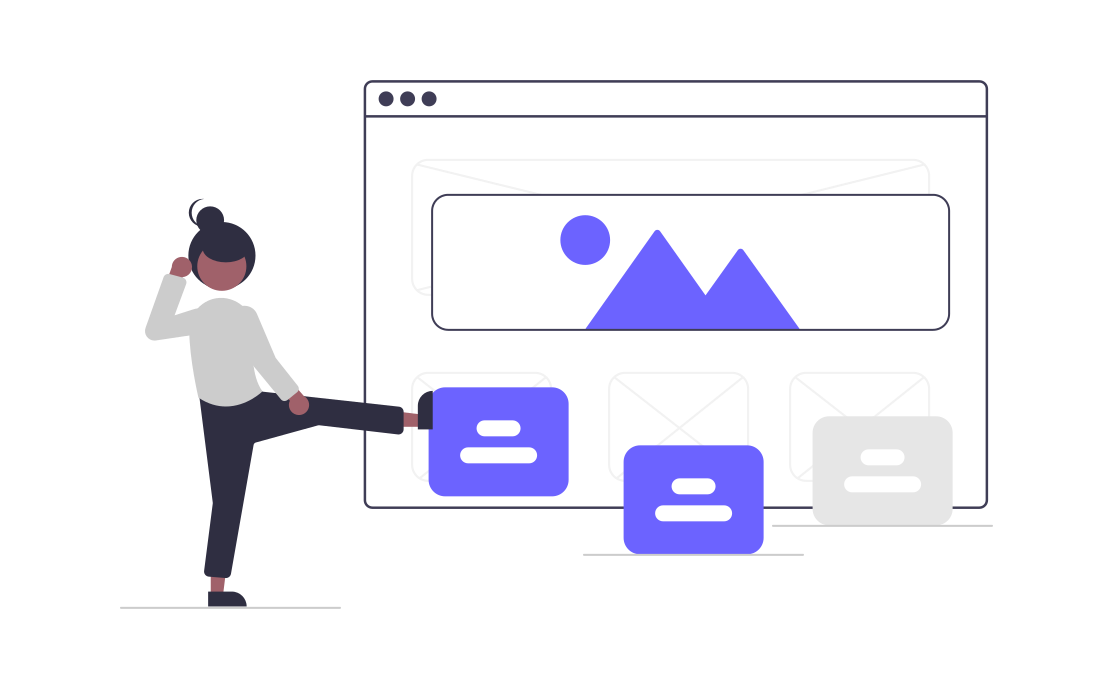In the ever-evolving world of digital marketing, staying ahead of the curve is crucial. As consumers demand more personalized experiences, the role of AI in creating hyper-personalized customer journeys has become paramount. Moving beyond basic personalization, advanced AI techniques are now at the forefront of this transformation.
The Evolution of Personalization
Personalization in marketing has come a long way. What started as simple segmentation and demographic targeting has evolved into sophisticated, data-driven strategies that cater to individual preferences and behaviors. AI is the driving force behind this evolution, enabling marketers to go beyond the basics and create truly unique customer journeys.
Understanding Hyper-Personalization
Hyper-personalization involves using real-time data and AI to deliver highly relevant content, products, and services to individual users. Unlike traditional personalization, which might involve generic recommendations based on broad categories, hyper-personalization delves deeper, considering a multitude of data points to tailor each interaction.
The Mechanics of AI-Driven Hyper-Personalization
-
Data Aggregation and Integration: Hyper-personalization starts with data. AI systems aggregate data from various sources, including online interactions, purchase history, social media activity, and even offline behaviors. This comprehensive data collection creates a holistic view of each customer.
-
Predictive Analytics: Predictive analytics is the engine that drives hyper-personalization. AI algorithms analyze past behavior to predict future actions, allowing marketers to anticipate needs and preferences. This foresight enables the delivery of timely and relevant content.
-
Real-Time Personalization: Real-time personalization is where AI truly shines. By processing data instantaneously, AI can adjust marketing messages and offers on the fly. This dynamic approach ensures that every interaction is relevant and engaging.
Implementing Hyper-Personalized Customer Journeys
-
Customer Segmentation: Start with detailed customer segmentation. Use AI to create micro-segments based on a variety of factors, such as browsing habits, purchase patterns, and social media engagement. These micro-segments allow for highly targeted messaging.
-
Content Customization: Customize content for each micro-segment. AI can generate personalized recommendations, product suggestions, and even tailor website content to match individual preferences. This level of customization enhances the user experience and drives engagement.
-
Dynamic Offers and Promotions: Use AI to create dynamic offers and promotions. By analyzing real-time data, AI can adjust offers based on factors such as location, time of day, and current trends. This agility ensures that promotions are always relevant and enticing.
-
Automated Customer Interactions: Automate customer interactions with AI-powered chatbots and virtual assistants. These tools can provide personalized responses, recommendations, and support, creating a seamless and engaging experience.
The Benefits of Hyper-Personalization
-
Increased Engagement: Hyper-personalized experiences are more engaging because they resonate with the individual's preferences and needs. This increased engagement leads to higher conversion rates and customer satisfaction.
-
Improved Customer Loyalty: When customers feel understood and valued, they are more likely to remain loyal. Hyper-personalization fosters a sense of connection and trust, which is crucial for building long-term relationships.
-
Enhanced ROI: By delivering the right message to the right person at the right time, hyper-personalization maximizes the efficiency of marketing efforts. This targeted approach reduces waste and improves the return on investment.
The Future of Hyper-Personalized Marketing
As AI technology continues to advance, the possibilities for hyper-personalized marketing are expanding. Future developments may include even more precise targeting through augmented reality, voice recognition, and advanced biometrics. These innovations will further refine the customer journey, making it more intuitive and immersive.
Conclusion
The shift from basic personalization to hyper-personalization represents a significant leap in the marketing landscape. By leveraging AI, marketers can create bespoke customer journeys that drive engagement, loyalty, and ROI. As technology evolves, the ability to deliver these hyper-personalized experiences will only become more refined and impactful. Embrace the power of AI and step beyond the basics to craft customer journeys that truly resonate.


